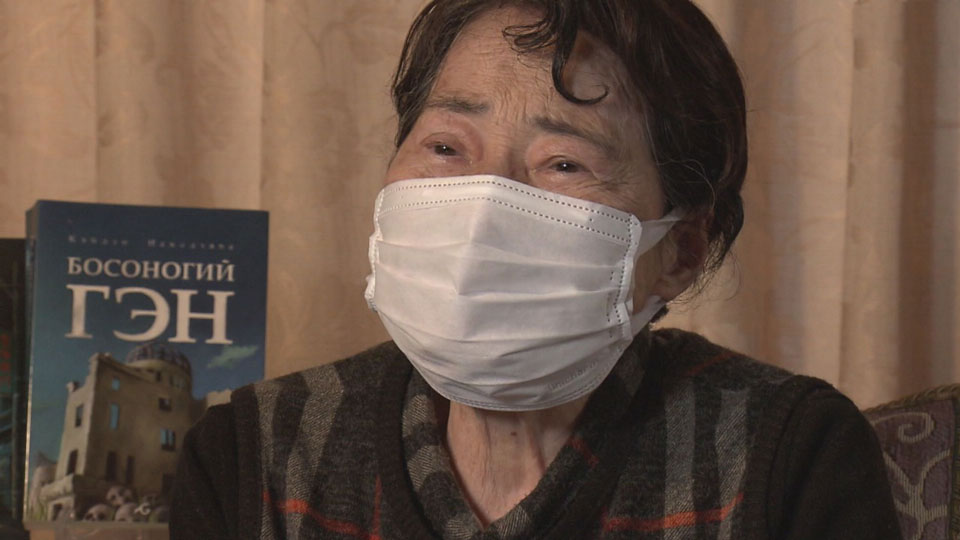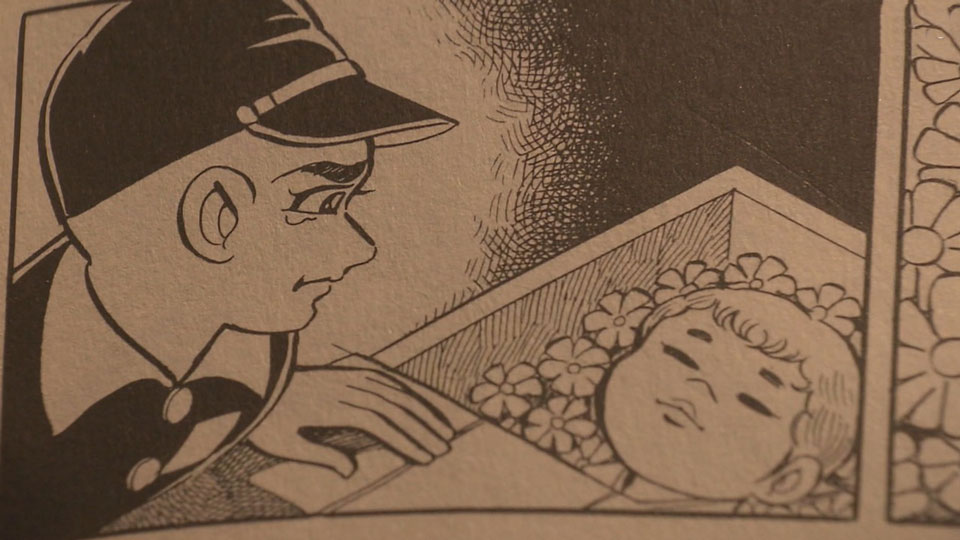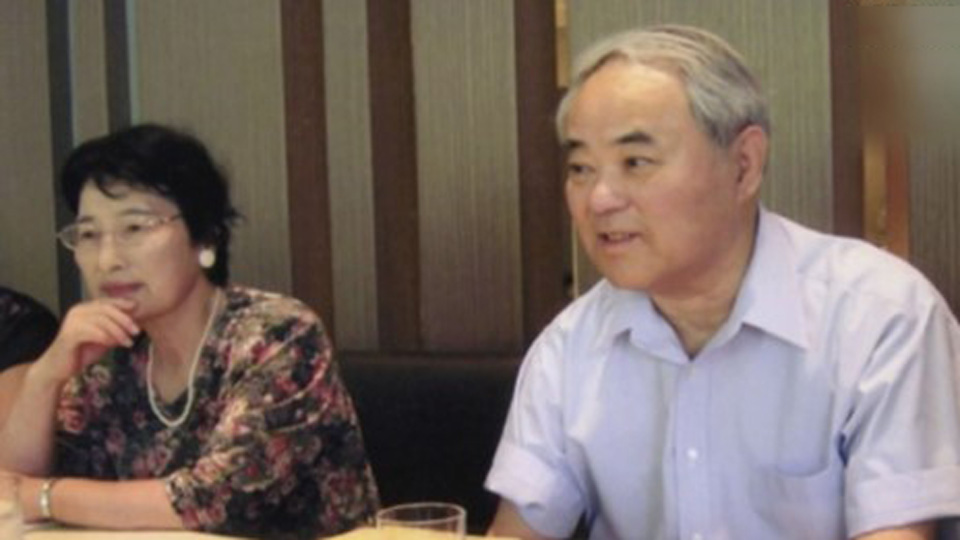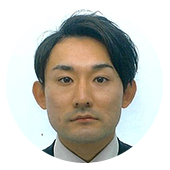
Asazuma Namie, 80, studied Russian at university and began translating the works in her spare time in 1994. Over the following seven years, she completed all 10 installments of the series. She was inspired to tackle the project while helping to translate for a theatrical performance about the atomic bomb attack on Hiroshima. When a fellow translator, from Russia, asked her to explain the specifics of the attack, she realized how little people knew about it.

The bombing was the defining life experience of Barefoot Gen author, Nakazawa Keiji, who died in 2012. Nakazawa lost his father, brother and sister in the attack. His semi-autobiographical manga tells the story of Hiroshima survivor Nakaoka Gen, who overcomes loss and trauma to rebuild his life.

Message to the world
Asazuma decided the best way to enlighten and engage people overseas was to tell Nakazawa's story in other languages.
With help from Russian exchange students, she started working her way through the series, donating each new installment to schools and libraries in Russian-speaking countries. The feedback she got from readers reassured her that Nakazawa's message was getting through.

A setback
But then Russia invaded neighboring Ukraine, starting a war that has complicated Asazuma's feelings for the country where she spent years pushing a message of peace.
"I was grateful to be able to use the Russian language to promote peace," she says, "but now that same language is being used to promote war. It's very upsetting. I've seen how powerless grass-roots work can be in the face of geopolitical forces."
Message goes global
After completing the Russian version of Barefoot Gen, Asazuma was swamped with requests to translate the tale into other languages. She did what she could to help.

Nakazawa was thrilled that his work was reaching new audiences. "I heard he put each new translation on his desk and smiled every time new translation works were published," recalls Asazuma, who set up an NPO with friends to distribute the manga around the world.

Weeks before he died, Nakazawa's wife wrote a letter on his behalf to Asazuma from hospital: "Gen rushed through the world barefoot to end war and abolish nuclear weapons. So let's keep fighting for that."

Asazuma says that "when many people get together for peace, change becomes possible. I want people to read Barefoot Gen and think about that."


